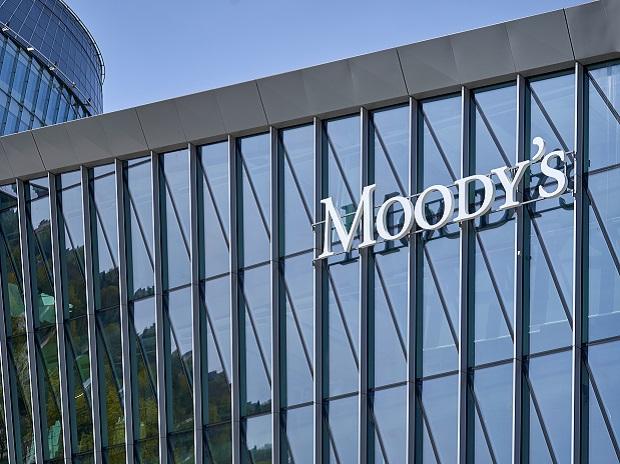

This could be owing to a mix of upper curiosity threat within the worldwide monetary market and a probable deterioration of their funds.
Vikash was talking on Tuesday at a Moody’s and ICRA media briefing on the theme ‘Will India thrive amid world headwinds’.
Moody’s at present charges 22 corporates from India with a mixed debt of $212 billion and complete revenues of $668 billion on the finish of March this yr. Of this, 12 corporates have investment-grade scores. They embrace Tata Consultancy Companies, Reliance Industries, Oil & Pure Fuel Company, Bharat Petroleum, Indian Oil, Bharti Airtel, Ultratech Cement and UPL Corp.
Some large speculative-grade company bonds and securities which are maturing in CY24 embrace Vedanta Assets $1-billion bond due in January 2024, Vedanta’s $1-billion bond due in August 2024 and JSW Metal’s $500-million bond due in April 2024. In addition they embrace Tata Motors Holdings $300-million bond due in June 2024, Tata Metal’s $1-billion bond due in July 2024 and Tata Motors $250-million bond due in October 2024.
In distinction, a number of the main investment-grade bonds maturing subsequent calendar yr embrace Indian Oil’s $900-million bond due in January 2024, Oil India’s $500-million bond due in April 2024, Bharti Airtel’s $1-billion bond due in Might 2024 and ONGC’s $750-million bond due in July 2024.
“If bond holders refuse to refinance debt, submit their present maturities, then corporates have the choice to search for different funding choices corresponding to financial institution borrowings, together with rupee-denominated debt. This may then be swapped into international forex on the prevailing change price.”
This might, nevertheless, lead to greater finance prices for the businesses.
Adblock check (Why?)